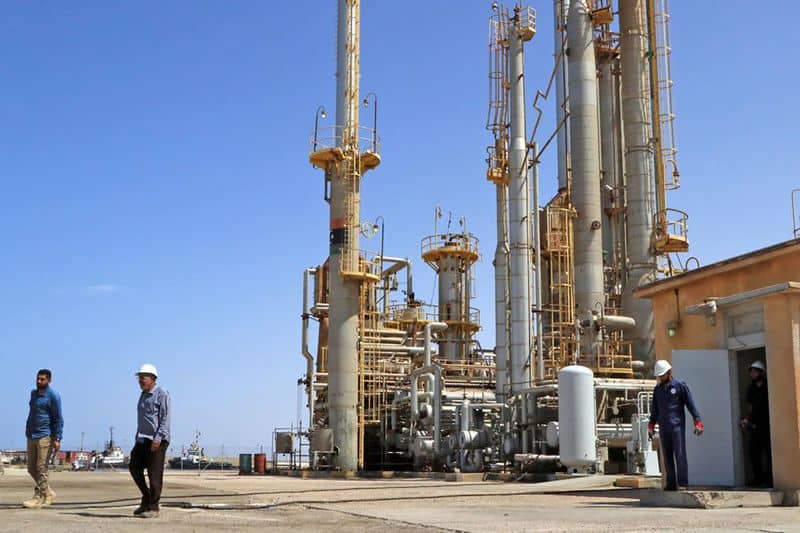Bets on a recession across leading economies continued to weigh on oil prices as investors worry about the impact on demand — figures last week indicated Americans were driving less now than in summer 2020 at the height of the pandemic.
A rise in US stockpiles was partly responsible for a 10 percent drop in the commodity last week, pushing WTI below $90 for the first time since February.
Both main contracts have lost all the gains seen in the wake of Vladimir Putin’s invasion of Ukraine, which led the United States and Europe to ban imports of Russian crude, hammering already thin supplies.
Ahmad Hasan Karam, a Kuwaiti analyst told Kuwaiti News Agency (KUNA) that oil prices got support after OPEC+ decision of “a slight increase” in production starting next September, by 100,000 barrel per day, less than previous increases approved by the alliance during the past months that amounted to 400,000 barrel per day.
Karam said that oil prices reached record levels since the outbreak of the Russian-Ukrainian crisis, affected by the fact that Russia is being a key partner in the OPEC+ alliance that aims at achieving global oil balance.
He assured that the current prices are a result to prior decisions by OPEC+ to reduce production, which came as a response to the economic repercussions of the global (COVID19) crisis and the accompanying general closures to confront the spread of the virus.
Jamal Al-Garabally, another energy expert, said that expectations indicate that global economic recession will reduce the demand for oil in the coming months He predicted that oil prices would reach USD 85 and 90 per barrel through the last quarter of 2022.
“The recent decision of the (OPEC +) alliance to increase production by 100,000 barrels, starting next September, will contribute to preserving some gains,” Al-Gharabally said. “This increase reflected the solid position of the Organization of Petroleum Exporting Countries (OPEC) and the OPEC + alliance in maintaining oil prices.”

